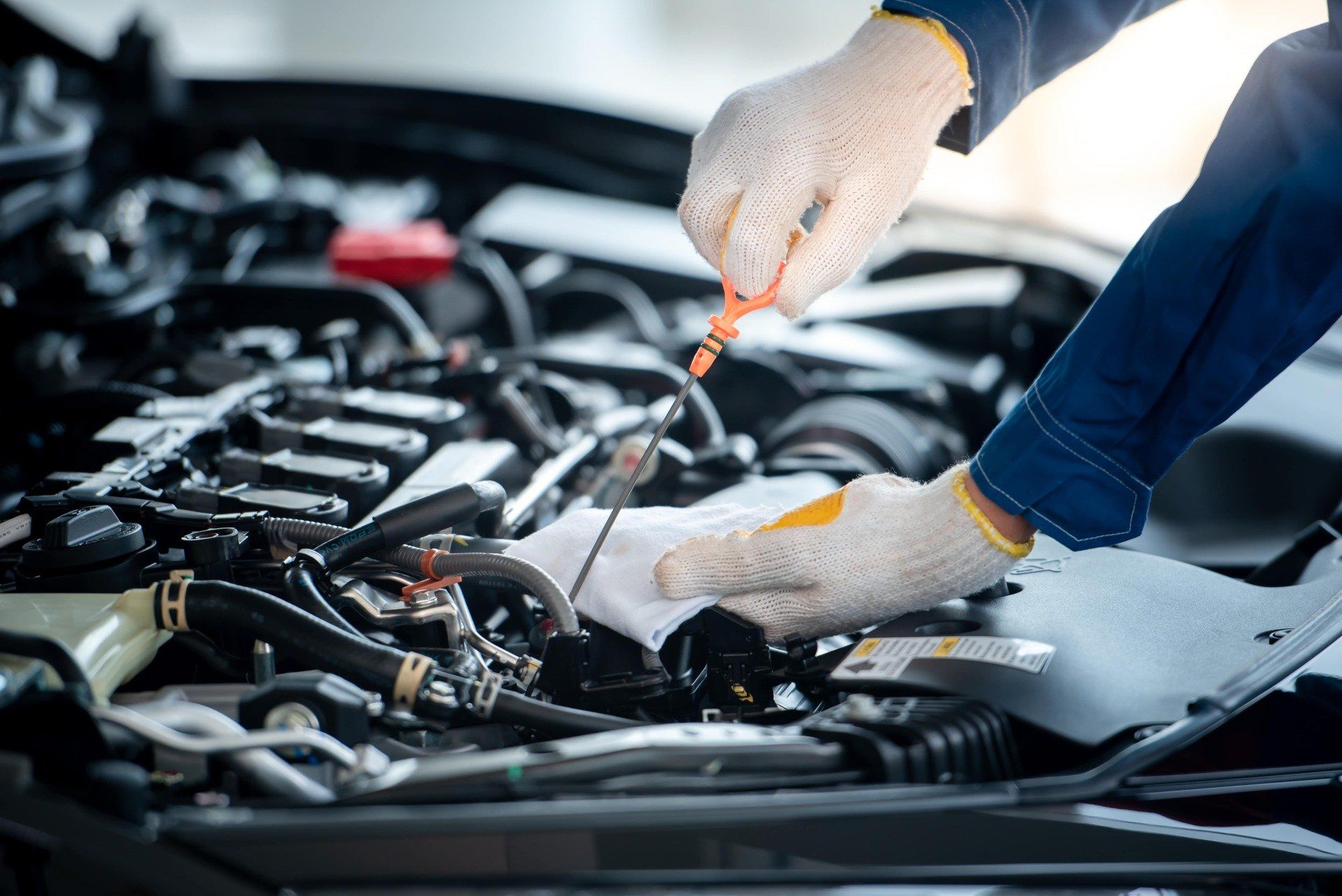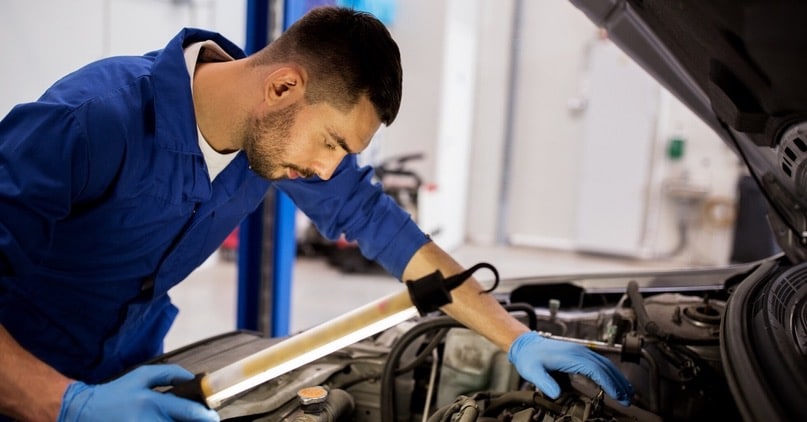All Categories
Featured

Your auto's engine is the heart of your automobile, and keeping it in top condition is necessary for optimum efficiency and long life. Regular engine tune-ups are an excellent means to preserve your car's wellness, boost gas performance, and avoid expensive repairs down the road. Whether you're a cars and truck enthusiast or somebody who simply desires to keep their automobile running efficiently, these engine tune-up suggestions will certainly help you get one of the most out of your auto.
- Replace Flicker Plugs. Ignition system play an essential duty in beginning your engine and making certain smooth combustion. Over time, stimulate plugs can end up being dirty or put on out, causing misfires, minimized fuel effectiveness, and rough idling.
During an engine tune-up, evaluate and replace your ignition system if needed. Many automobiles call for new ignition system every 30,000 to 100,000 miles, relying on the kind. Regularly replacing ignition system ensures appropriate ignition and optimum engine performance.
- Check and Clean the Air Filter. The air filter stops dust, dust, and particles from entering your engine. A blocked or unclean air filter limits airflow, causing your engine to function more difficult and shed even more fuel.
Examine your air filter throughout a tune-up and replace it if it's dirty. In messy settings or locations with heavy contamination, you may need to change the air filter extra often. A clean air filter can enhance fuel efficiency and prolong the life of your engine.
- Evaluate and Replace Belts and Tubes. Belts and pipes are important for different engine features, such as powering the generator, water pump, and air conditioning system. Over time, these components can split, battle royal, or wear, potentially resulting in break downs.
Throughout a tune-up, check belts and hose pipes for signs of wear and change them if required. Replacing these components proactively can save you from pricey repairs and protect against unanticipated failings.
- Clean the Fuel System. Your fuel system, including the gas injectors and fuel lines, can build up dirt and carbon down payments over time, minimizing engine effectiveness. Cleaning the fuel system during a tune-up assists enhance efficiency and fuel economic situation.
You can make use of a fuel system cleaner or have an expert mechanic do a much more comprehensive cleaning. This step is specifically important for older automobiles or autos that regularly drive in stop-and-go traffic.
- Examine the Battery and Billing System. A healthy battery is vital for beginning your engine and powering electrical parts. Throughout a tune-up, inspect the battery terminals for rust and make certain the links are limited.
Inspect the battery's voltage and replace it if it reveals indicators of weakness. Furthermore, have the alternator and billing system examined to guarantee your battery stays billed throughout operation.
- Adjustment the Engine Oil and Oil Filter. Oil modifications are a basic component of engine upkeep. Engine oil lubes relocating parts, reduces friction, and assists regulate engine temperature. Over time, oil becomes infected and loses its efficiency.
Throughout a tune-up, change the engine oil and oil filter to keep your engine running efficiently. Follow your vehicle's producer referrals for oil kind and modification intervals.
- Inspect the Cooling System. The cooling system avoids your engine from overheating. Gradually, coolant can deteriorate or become polluted, lowering its efficiency.
Check the coolant degree and condition during a tune-up, and flush and change it if required. Inspect the radiator, water pump, and pipes for leakages or damage. A properly maintained air conditioning system helps your engine operate at the best temperature level and stops overheating.
- Test the Ignition System. A faulty ignition system can trigger starting issues and minimized engine efficiency. Throughout a tune-up, examine the ignition coils, supplier cap, and rotor (if suitable) Change any type of components that reveal indications of wear or damages to make certain smooth and trusted engine procedure.
- Pay Attention for Uncommon Noises. During a tune-up, take the opportunity to pay attention for any uncommon engine noises, such as knocking, ticking, or hissing. These noises can suggest underlying concerns, such as shutoff issues, loosened components, or exhaust leaks. Addressing these issues early can avoid more comprehensive damages.
- Usage Quality Parts and Fluids. When executing an engine tune-up, always utilize high-quality parts and liquids that meet your lorry manufacturer's specifications. Affordable or incorrect components can compromise your engine's performance and dependability.
Final Thought: A Well-Tuned Engine is Key to Durability. Routine engine tune-ups are necessary for keeping your automobile's efficiency, effectiveness, and dependability. By changing used elements, cleansing essential systems, and attending to potential issues, you can keep your engine running smoothly for many years to find. Whether you're doing it on your own or depending on a trusted technician, spending in tune-ups is a wise way to shield your vehicle and take pleasure in a more secure, smoother experience.
Latest Posts
Join WyHy FCU – Top Benefits for Your Future
How Chicago Drivers Pick Montclare Auto Repair for Trusted Service and Great Savings
Discover Special Auto Repair Specials in Chicago at Montclare Auto Repair
More
Latest Posts
Join WyHy FCU – Top Benefits for Your Future
How Chicago Drivers Pick Montclare Auto Repair for Trusted Service and Great Savings
Discover Special Auto Repair Specials in Chicago at Montclare Auto Repair
